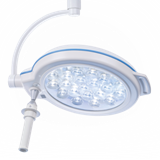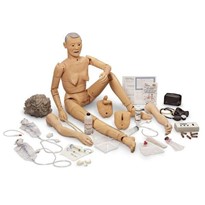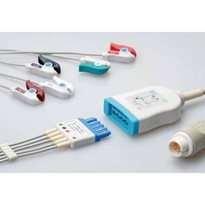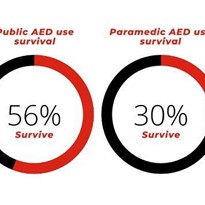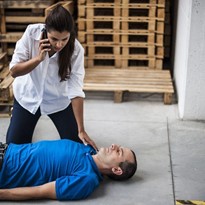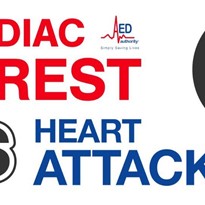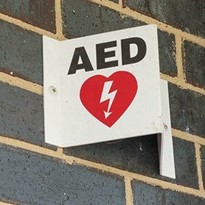The data reveals that nearly 75% of adults in Northern Ireland possess the ability to perform CPR, with virtually all respondents acknowledging the importance of acquiring this vital skill.
CPR proficiency can prove pivotal in the face of a cardiac arrest, acting as the critical factor between life and death. This reality hit close to home for a Belfast couple, Steve and Andrea Bond.
Steve Bond, a 61-year-old from Belfast, experienced a sudden cardiac arrest while working at an international golf event in 2022. His wife, Andrea, realising something was amiss, promptly administered CPR on the spot, ultimately saving his life as they awaited the ambulance.
Steve, a seemingly healthy individual who ate well, was astonished by the unexpected cardiac arrest. Reflecting on the incident, he shared that friends were shocked by the occurrence, and doctors informed him that his heart had stopped for approximately 40 minutes. The consultants emphasised that surviving such an event was rare and credited Andrea’s immediate CPR intervention.
Andrea, drawing on her prior training in first aid, began CPR before even receiving instructions from the ambulance operator. She recounted the harrowing 13 minutes before the ambulance arrived, stating, “Everything was going horribly wrong in front of me.” Having lost her mother and witnessed her father’s passing as a child, Andrea felt compelled to act, underscoring the importance of CPR training even if acquired through indirect means like TV and advertisements.
The significance of CPR proficiency becomes evident when considering the statistics in Northern Ireland, where over 1,400 out-of-hospital cardiac arrests occur annually, with less than one in ten resulting in survival.
While the figures demonstrate Northern Ireland’s leading position, the BHF emphasises the need for broader CPR education. Fearghal McKinney, Head of the British Heart Foundation Northern Ireland, stresses the importance of Heart Month in increasing CPR training. Despite Northern Ireland’s commendable 74% CPR proficiency rate, Scotland closely follows at 71%, with Wales and England at 60% and 58%, respectively.
The BHF introduces an online tool, RevivR, to facilitate CPR learning, encouraging people to invest just 15 minutes during breaks to acquire life-saving skills. McKinney concludes, “Every moment matters when someone has a cardiac arrest, and being able to step in and perform CPR could be the difference between life and death. A cardiac arrest can affect anyone, at any time, so we want as many people to learn CPR as possible.”
Source: BBC







